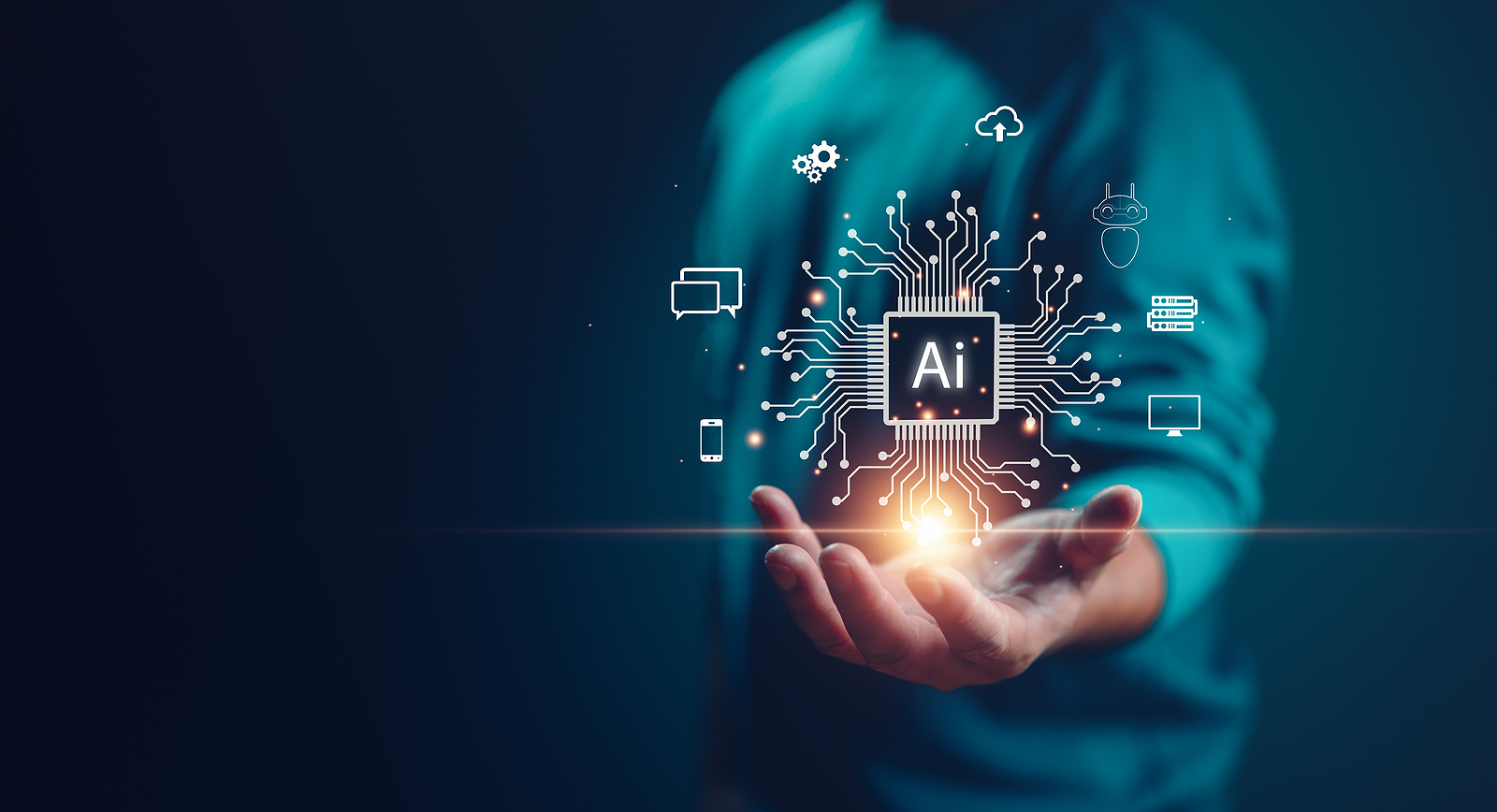AI and Accounting: How Does It Affect Our Future?
Public awareness of AI has skyrocketed in recent months, with the ChatGPT chatbot dominating headlines, network news stories, and social media feeds.
Artificial intelligence has immense potential to replace manual tasks, so it should come as no surprise it’s changing accounting jobs in much the same way as software did decades ago. And like that software, which actually boosted job openings over the ensuing years, AI is helping accountants perform higher-skilled work and become more involved in strategic decision-making.
Artificial intelligence has immense potential to replace manual tasks, so it should come as no surprise it’s changing accounting jobs in much the same way as software did decades ago. And like that software, which actually boosted job openings over the ensuing years, AI is helping accountants perform higher-skilled work and become more involved in strategic decision-making.
What is AI and How is IT Used?
Artificial intelligence makes it possible for machines to learn from experience, adjust to new inputs, and perform human-like tasks. It’s estimated that automation results in an 80 to 90 percent reduction in human time spent on manual and repetitive tasks while also reducing human error. Nearly every accounting task can use AI, including:- Payroll
- Taxes
- Auditing
- Banking
How is AI Implemented?
AI uses natural language processing (NLP) to process data and documents and create reports in real time. For instance, AI can analyze financial data, generate invoices, and identify accounting fraud patterns and anomalies.AI and Accounting: How It's Being Used
Experts seem to agree that AI is allowing accountants and CPAs to find the perfect balance between human brainpower and modern technology. Because AI is the only software that can draw conclusions from data, it can benefit an entire company. Along with simplifying standard input tasks, accounting activities that AI can perform include:- Enforcing corporate policy and uncovering noncompliance issues in financial data.
- Streamlining data entry and analysis.
- Reducing fraud risks.
- Performing budget forecasting.
- Facilitating tax preparation.

